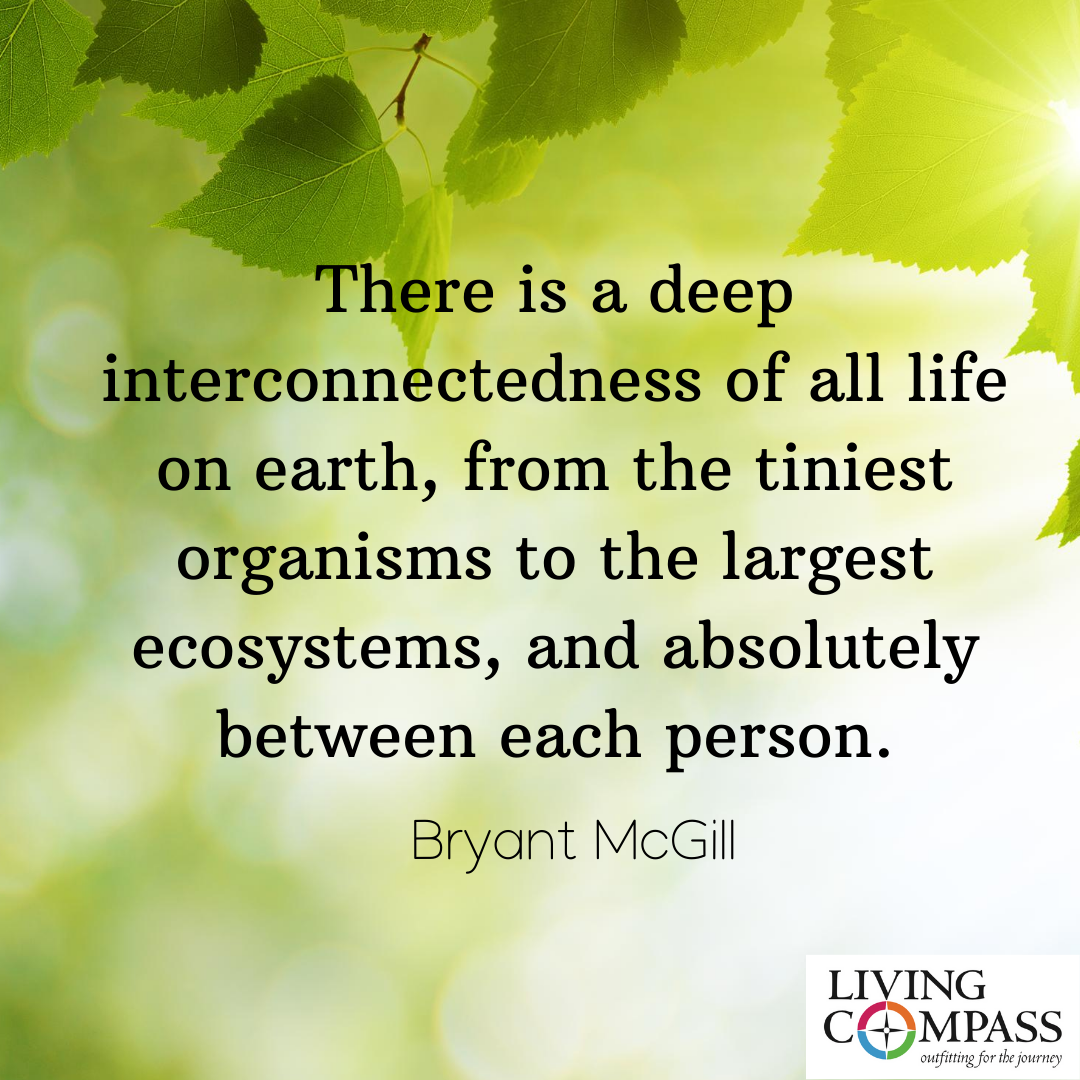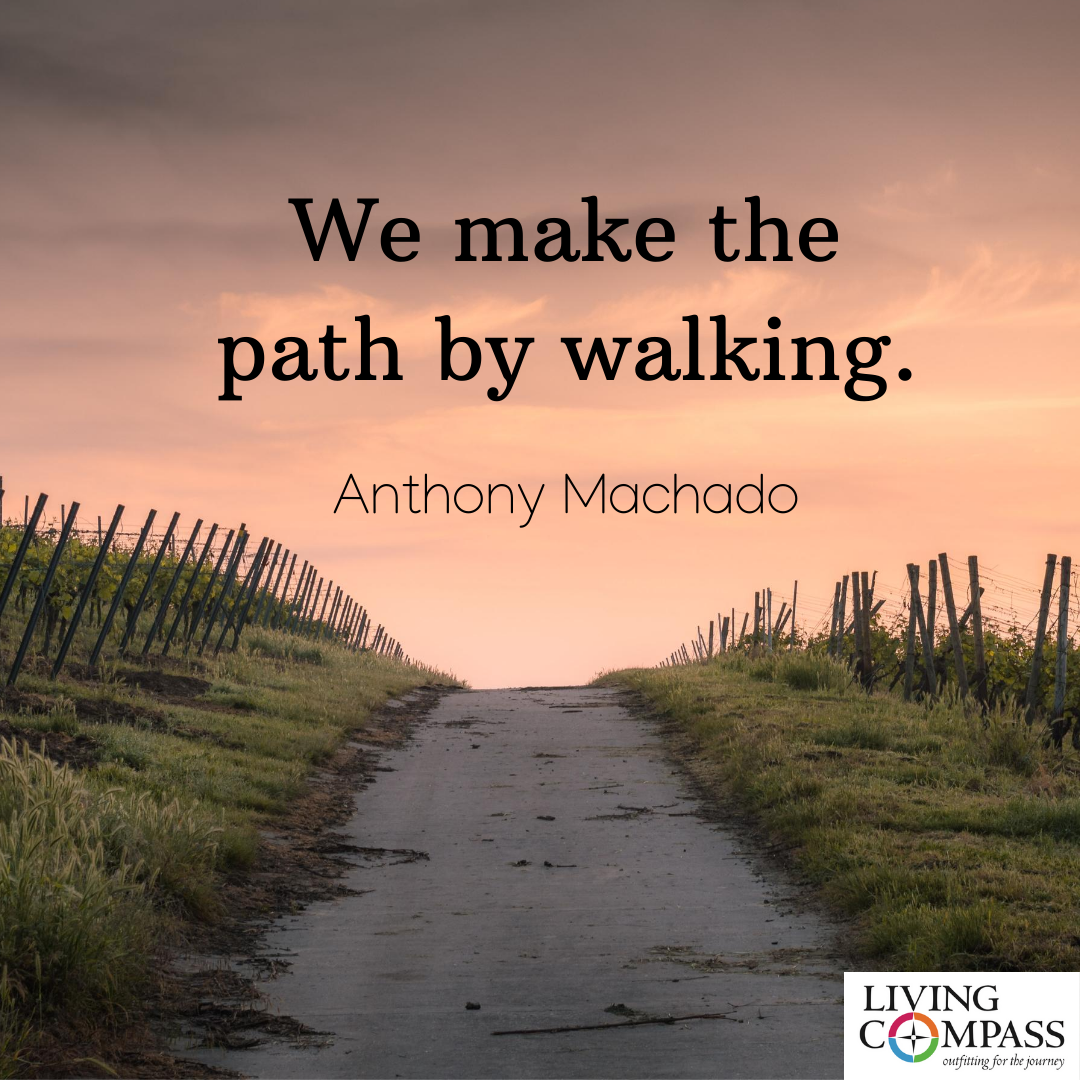Teacher Appreciation
I am blessed to know many educators. They are some of the hardest working, most dedicated, and compassionate people I know. My wife was a teacher for many years, having taught in elementary, middle, and high schools over the years. And so I know first hand about the long hours teachers put in, and how much they give of themselves to help our children grow and learn. A call to be a teacher is truly a vocation, and those who answer that call deserve our utmost appreciation.
All that I wrote above is what I said about the work of teachers before the pandemic. Teachers, students, administrators, support staff, and parents are now all facing unimaginable decisions and challenges, as students of all ages try to figure out how to return or head off to school. One teacher friend of mine summed up the experience so far this year with a Facebook post: “I have just finished up my first week back at school. It’s been quite a year.” And I can’t resist sharing another comment I saw this week, “My teacher friends are amazing—they can now do virtually anything.”
It is common to express thanks to teachers at the end of the school year. This year, I’m thinking let’s not wait until May or June. Let’s start expressing our gratitude now, and then keep doing so as everyone navigates a year like no other. Educators are likely to receive more than their share of criticism and frustrations projected on to them this year, and so a little recognition can go a long way. It takes a village to raise a child, and it takes a village to support those who are on the front lines teaching and nurturing our children as well.
Most of us know someone involved in educating our young people. Let’s all take a few minutes this week to reach out to them and let them know how much we recognize and admire all that they are doing.
Below are a few of my favorite quotes about the importance of teachers. Perhaps you will want to share one of them with an educator you know as part of your expression of appreciation.
“Everyone who remembers their own education remembers teachers, not methods and techniques. The teacher is the heart of the educational system.”– Sidney Hook
“The duties of a teacher are neither few nor small, but they elevate the mind and give energy to the character.”– Dorothea Dix
“Better than a thousand days of diligent study is one day with a great teacher.”
– Japanese Proverb
“None of us got where we are solely by pulling ourselves up by our bootstraps. We got here because somebody – a parent, a teacher, an Ivy League crony or a few nuns – bent down and helped us pick up our boots.” Thurgood Marshall
“I think the teaching profession contributes more to the future of our society than any other single profession.” John Wooden
“One child, one teacher, one book, one pen can change the world.” – Malala Yousafzai
“What greater or better gift can we offer the republic than to teach and instruct our youth?” – Marcus T. Cicero
“Teacher appreciation makes the world of education go around.” – Helen Peters
Subscribe Now to Weekly Words of Wellness:
Click the button below to signup for the e-mail version of Weekly Words of Wellness. This weekly article can be shared with your community electronically and/or used for group discussion.
You can unsubscribe at any time.




